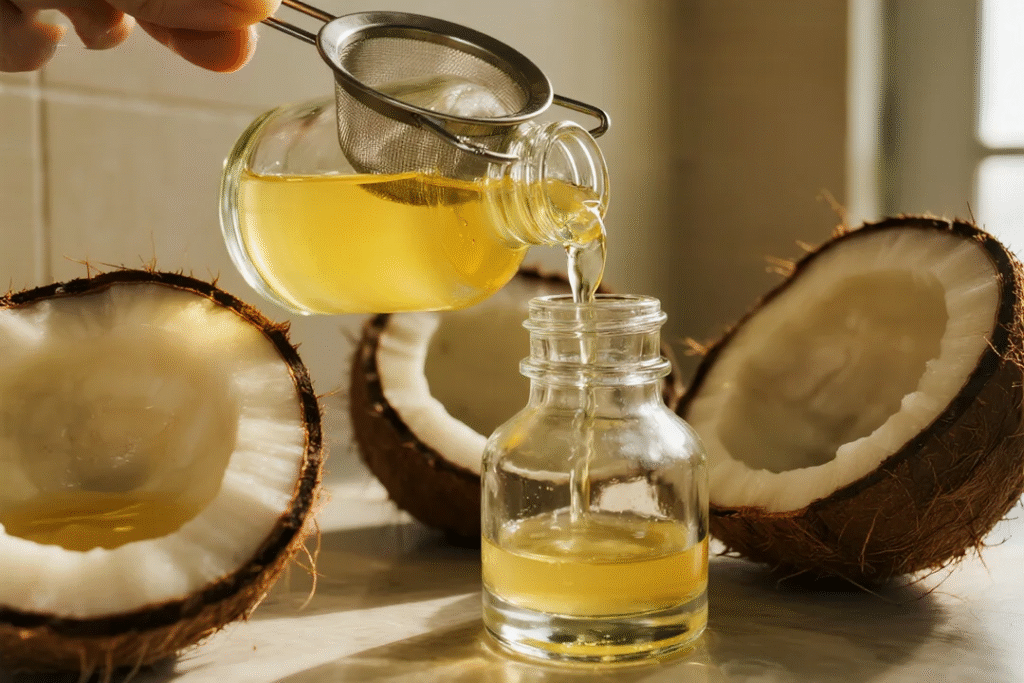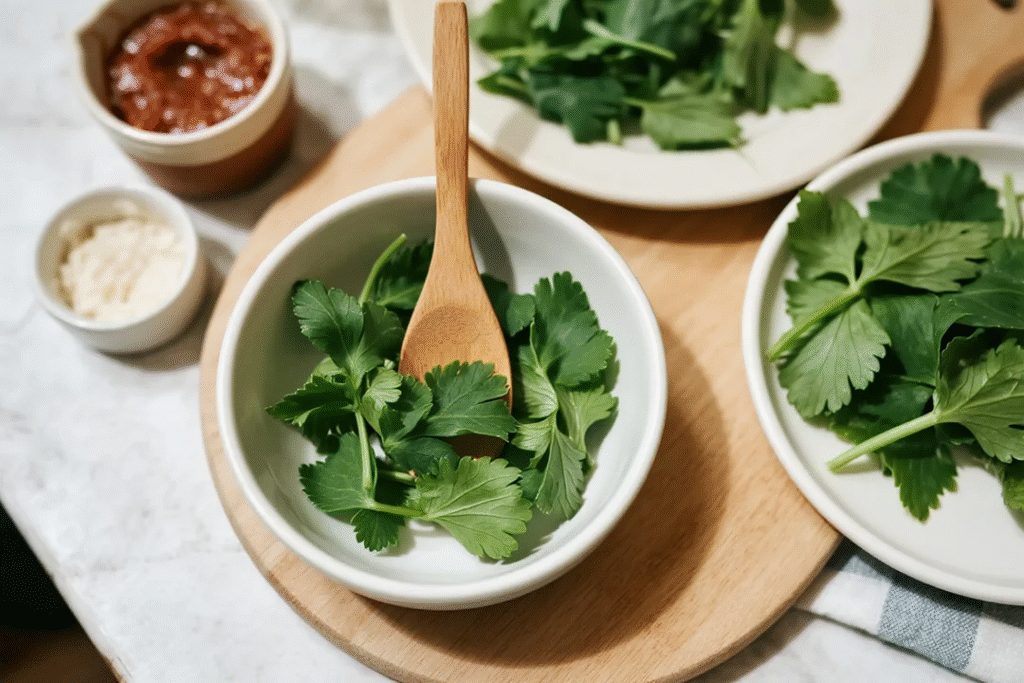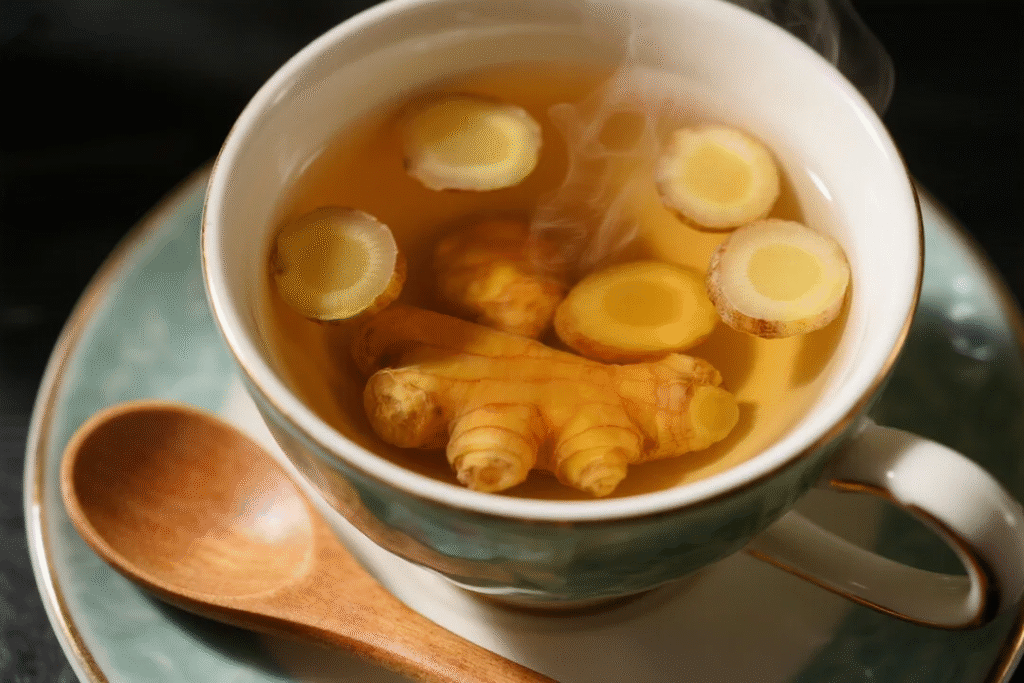Understanding Bad Breath (Halitosis)
Bad breath, clinically termed halitosis, is a common yet often underestimated condition that affects millions globally. While occasional bad breath may result from dietary choices or temporary dry mouth, persistent halitosis can signal underlying health issues. Beyond social discomfort, chronic bad breath may indicate poor oral hygiene, digestive disorders, or systemic diseases like diabetes, liver dysfunction, or respiratory infections.
The primary culprit behind most cases of bad breath is oral bacteria. When food particles linger in the mouth, bacteria metabolize them, releasing volatile sulfur compounds (VSCs) that produce foul odors. Other contributors include tongue coating, gum disease, sinus infections, and lifestyle habits like smoking. Addressing halitosis requires a holistic approach, combining professional dental care with natural remedies that target its root causes.

Natural Home Remedies for Fresh Breath
- Hydrate with Warm Lemon Water
Starting your day with a glass of warm lemon water is a simple yet powerful remedy. Lemon’s citric acid stimulates saliva production, which naturally cleanses the mouth and neutralizes odor-causing bacteria. Additionally, vitamin C in lemon boosts immune function, reducing the risk of gum disease.

How to Use:
Squeeze half a lemon into a cup of warm water.
Drink this mixture first thing in the morning and after meals to maintain oral freshness.
Scientific Backing: A 2019 study in the Journal of Clinical and Diagnostic Research found that lemon juice significantly reduced oral bacteria counts, making it an effective natural antiseptic.
- Apple Cider Vinegar Mouth Rinse
Apple cider vinegar (ACV) is a versatile remedy for halitosis due to its acetic acid content, which kills bacteria and balances oral pH levels. Its antimicrobial properties target Streptococcus mutans, a primary bacteria responsible for plaque and bad breath.

How to Use:
Mix 1–2 tablespoons of raw, unfiltered ACV with a cup of water.
Swish the solution in your mouth for 30 seconds before spitting it out.
Rinse with plain water afterward to protect tooth enamel.
Pro Tip: Use this remedy once daily to avoid over-acidification of the mouth.
- Coconut Oil Pulling
Originating from Ayurvedic medicine, oil pulling involves swishing oil in the mouth to remove toxins and bacteria. Coconut oil, rich in lauric acid, has potent anti-inflammatory and antimicrobial effects.

How to Use:
Swish 1 tablespoon of coconut oil for 10–15 minutes.
Spit the oil into a trash can (not the sink to avoid clogging).
Brush your teeth afterward to remove residual bacteria.
Evidence: A 2015 study in Nigerian Medical Journal reported that oil pulling with coconut oil reduced plaque and gingivitis, both of which contribute to halitosis.
- Chew Fresh Herbs: Parsley and Cilantro
Fresh herbs like parsley and cilantro contain chlorophyll, a natural deodorizer that neutralizes sulfur compounds in the mouth. Cilantro, in particular, has been shown to bind to odor-causing molecules, rendering them harmless.

How to Use:
Chew a handful of fresh parsley or cilantro after meals.
Alternatively, blend them into a green smoothie or herbal tea.
Fun Fact: In Middle Eastern cuisine, parsley is often served alongside garlic-rich dishes to counteract lingering odors.
- Ginger Tea for Digestive Health
Bad breath often stems from gastrointestinal issues like acid reflux or indigestion. Ginger, a natural carminative, aids digestion and reduces gut-related halitosis. Its phenolic compounds also inhibit oral pathogens.

How to Prepare:
Slice 1-inch of fresh ginger root and simmer in 2 cups of water for 10 minutes.
Strain and sip the tea after meals.
Research Insight: A 2013 study in Food Chemistry confirmed ginger’s ability to suppress Porphyromonas gingivalis, a bacteria linked to periodontal disease and bad breath.
- Baking Soda and Hydrogen Peroxide Paste
Baking soda (sodium bicarbonate) neutralizes acids and disrupts bacterial biofilms, while hydrogen peroxide acts as an antiseptic. Together, they create a potent paste for scrubbing away plaque and odor.
How to Use:
Mix 1 teaspoon of baking soda with enough 3% hydrogen peroxide to form a paste.
Brush teeth with the mixture 2–3 times a week, focusing on the tongue and gumline.
Caution: Overuse may erode enamel, so limit application to avoid sensitivity.
- Drink Green Tea with Mint
Green tea’s polyphenols, particularly epigallocatechin-3-gallate (EGCG), inhibit bacterial growth and reduce volatile sulfur compounds. Adding fresh mint enhances the effect, as menthol in mint leaves has natural antibacterial properties.
How to Prepare:
Brew green tea and let it cool slightly.
Add crushed mint leaves and swish the mixture in your mouth before swallowing.
Study Support: Research published in Archives of Oral Biology highlighted green tea’s role in decreasing oral malodor by 40% in participants after 12 weeks of regular consumption.
- Eat Probiotic-Rich Foods
Probiotics like yogurt, kefir, and kimchi introduce beneficial bacteria into the gut and mouth, crowding out odor-causing microbes. Lactobacillus strains, in particular, have been shown to reduce halitosis.
How to Incorporate:
Consume a daily serving of unsweetened yogurt with live cultures.
Combine with prebiotic foods (e.g., bananas, onions) to nourish good bacteria.
Clinical Evidence: A 2020 meta-analysis in Frontiers in Microbiology concluded that probiotics significantly lowered VSC levels in individuals with chronic bad breath.
- Use Clove Oil for Immediate Relief
Clove oil contains eugenol, a natural anesthetic and antiseptic that kills oral pathogens. It’s particularly effective for temporary relief from toothaches and bacterial overgrowth.
How to Apply:
Dilute 2–3 drops of clove oil with a carrier oil (e.g., coconut oil).
Apply to the tongue and gums using a cotton swab.
Historical Note: Clove has been used in traditional Chinese medicine for centuries to treat oral infections and freshen breath.
- Maintain a Fiber-Rich Diet
Fiber-rich foods like apples, carrots, and celery act as natural toothbrushes, scrubbing away food debris and bacteria. Crunchy vegetables also stimulate saliva flow, which neutralizes acids.

Dietary Tips:
Include raw vegetables in your snacks.
Avoid sugary, processed foods that feed harmful bacteria.
Expert Opinion: The American Dental Association recommends a fiber-rich diet to maintain saliva pH and prevent dry mouth, a common cause of halitosis.
Conclusion:
Natural remedies for bad breath offer a safe, cost-effective way to achieve lasting oral freshness. However, they work best when combined with consistent oral hygiene practices, such as brushing twice daily, flossing, and regular dental checkups. If bad breath persists despite these efforts, consult a healthcare provider to rule out systemic conditions like acid reflux, diabetes, or respiratory infections.
By integrating these home remedies into your routine, you can transform your breath from a source of anxiety to a symbol of confidence.

Ready to turn every exhale into a confidence booster? Meet ProDentim—the doctor-formulated chewable that floods your mouth with 3.5 billion fresh-breath probiotics, wiping out odor-causing bacteria while you go about your day. No mints, no mouthwash, just pop one delicious tablet and let science keep your smile kissably clean.
👉 Claim your exclusive 30-day risk-free trial now and get up to 50 % off while stocks last!
Disclaimer:
The information provided in this article is for educational purposes only and should not replace professional medical advice. Always consult a licensed healthcare provider before starting new health regimens.




